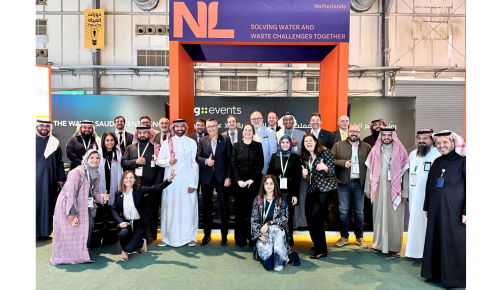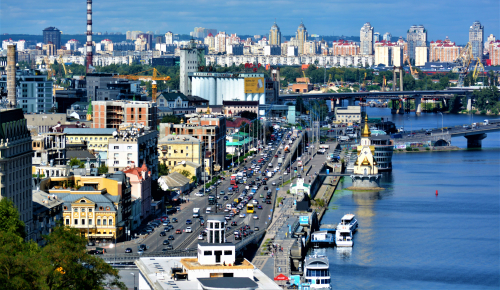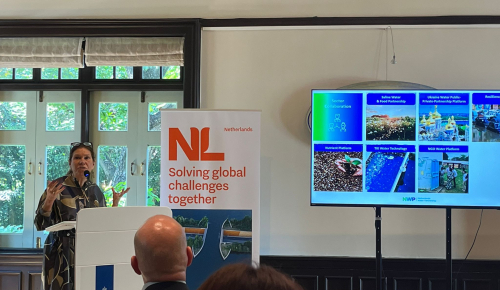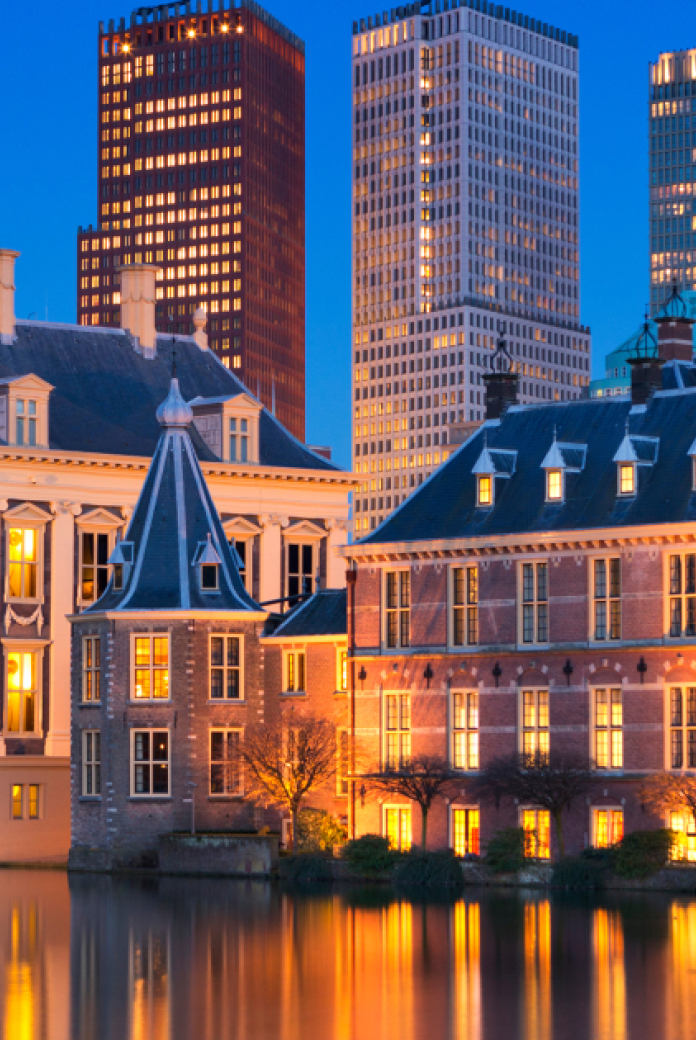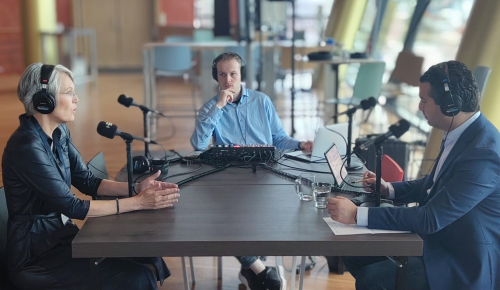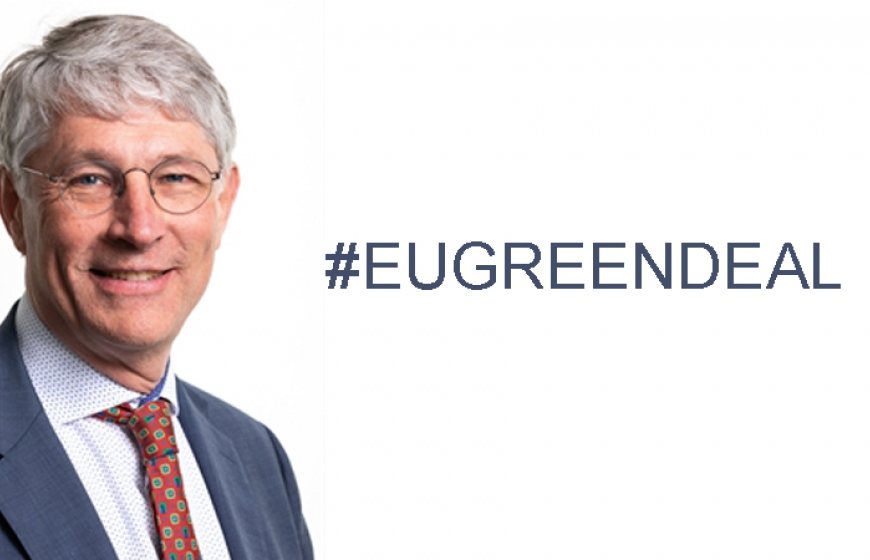
Sustainable solutions that incorporate an integrated approach are central to the European Green Deal, the European Commission’s (EC) ambitious roadmap to make the European Union’s (EU) economy sustainable. Research and innovation are key to achieving this. Hein Pieper, Chair of the Dutch Rijn en IJssel Water Board and member of the Netherlands Water Partnership’s Board of Trustees, is a member of one of the 'mission boards' of Horizon Europe, the EU's new framework programme for research and innovation. He is convinced that the increasing focus on sustainability, further boosted by the Covid-19 crisis, offers great opportunities for the Dutch water sector. And the Horizon 2020 programme has a total investment budget of EUR 1 billion for this year. The deadline for the first call is 19 May.
'The EU has set up five mission boards under Horizon Europe, four of which are directly linked to sustainability. This clearly underlines the stronger focus of the European Commission, which is now also reflected in the European Green Deal. The mission boards will help define, design and implement specific Horizon Europe objectives. I am a member of the ‘Adaptation to climate change including societal transformation’ board. The board is striving to understand how to work with innovation and applied science for climate adaptation, and we are convinced that an integrated approach is essential.
All our eggs in one basket
The Covid-19 crisis explicitly requires attention to be paid to sustainability and exposes our enormous vulnerability when something goes very wrong. In recent decades, we have put all our eggs in the basket of effectiveness, efficiency, and free trade. This has pushed out some industries which would have been useful now, and we have become dependent on the remaining ones. We are now suffering from this strategy.
At the same time, the crisis is teaching us how essential an integrated approach is to ensure the sustainable resilience of our society, of which water is an inseparable part. There are still considerable steps to be taken in Europe though, especially in terms of drinking water quality, waste water treatment and flood protection. We now have the opportunity to opt for sustainability, and this new element will increasingly appear in the investment programmes of Horizon Europe and the European Green Deal, offering a pool of new opportunities for the Dutch water sector.
Technology and governance
To me, an integrated approach in the field of water means considering well-organised governance as well as technology. Far too many water treatment plants have been built all over the world that follow the principle ‘design, build and neglect’. These plants simply stop working after a few years because maintenance and management are not permanently safeguarded.
In the Netherlands, we do not sufficiently realise that our reputation rests on the connections we make between smart, innovative technology and adequate governance fed by education and science. I am proud to lead one of our Dutch water authorities and as such, I experience the strength of this connection in daily practice. We take it for granted, but this connection is far from obvious, even in quite a few European countries. We should ask ourselves about the essence of our international reputation. We will then discover the deeper values behind this unique savoir faire anchored in our culture. Making connections is in our DNA and it is time to make it explicit in our offer to the international community. I am convinced that it will reinforce our competitive strength.
It goes without saying that it should not be a one-size-fit-all offer. It is essential to constantly adapt the integrated package to local circumstances, culture and values. In fact, this ability to adapt is also an indispensable element.
Shift the course
The exciting trade-off now, in the exceptional times of Covid-19, is how to relax lockdown restrictions and maintain public health protection while rebuilding the collapsed economy and make it sustainable. It is of the utmost importance to reach for solutions that do not lead to even bigger problems in the long run. We must always be aware of the broad consequences of our actions in the short and longer-term. It would be very valuable if the supertanker called Europe would shift its course towards a more sustainable future. That would not only be profitable for the Dutch water sector but also for Europe and for leaving no-one behind.'
Green Deal call
The European Green Deal is resetting the European Commission’s commitment to tackling climate and environmental-related challenges. It is a new growth strategy that aims to transform the EU into a fair and prosperous society with a modern, resource-efficient and competitive economy where there are no net emissions of greenhouse gases by 2050 and where economic growth is decoupled from resource use.
The European Green Deal's Investment Plan will mobilise public investment and help unlock private funds through EU financial instruments, notably InvestEU, which would lead to at least EUR 1 trillion of investments. Several calls have been announced by the Horizon 2020 programme this year, which has a budget of EUR 1 billion. The deadline for the first Green Deal Call, with a budget of EUR 303 million, is 19 May.
